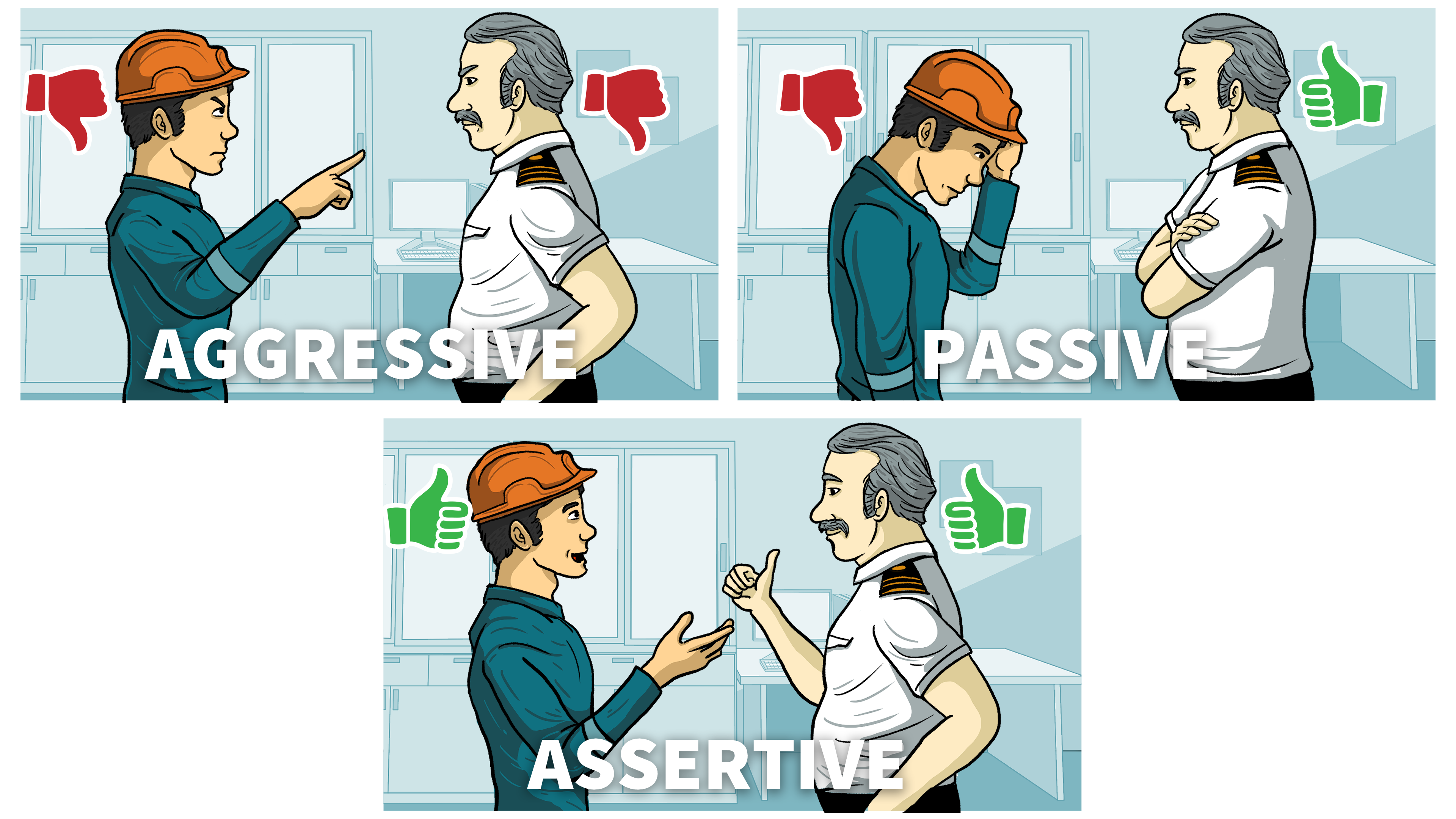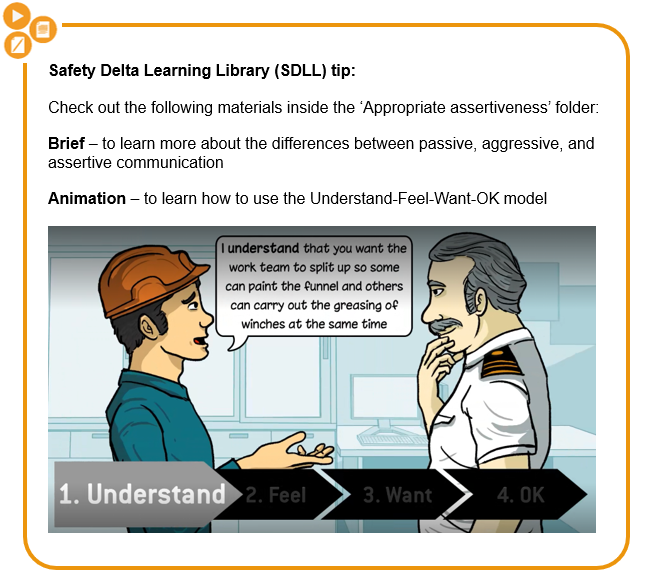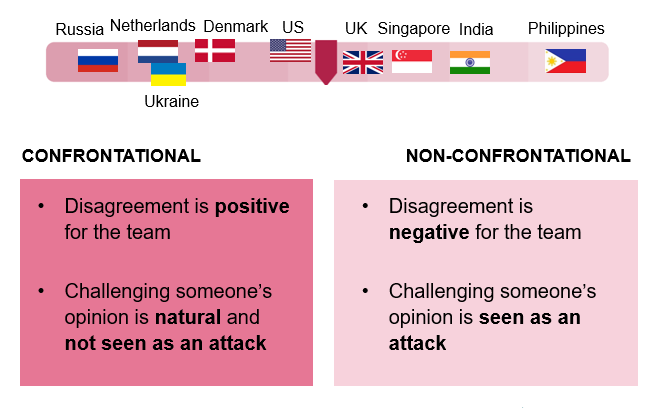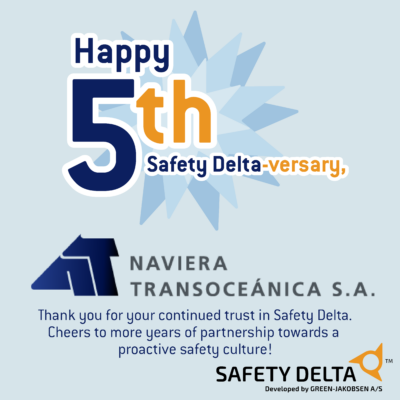Assertiveness can be a tough communication skill to develop, especially in a hierarchical and multicultural workplace.
How do you express disagreement without being disrespectful?
How do you stand up for your needs without ignoring others’ needs?
In these situations, it’s easy to slip into passive or aggressive communication.
But passive communication is like a sunken ship – it’s hidden and lost at the bottom of the sea.
Aggressive communication, on the other hand, is like a shipwreck tossed up on the shore – it’s visible but damaged and dangerous.
The good news is, there is a better option that lets you strike the perfect balance – assertiveness.

Based on mutual respect
Assertiveness is the art of expressing yourself clearly and honestly while respecting the rights and perspectives of others.
The goal is to create win-win outcomes.
Moreover, you gain a sense of empowerment because you are able to voice out your thoughts, needs, and boundaries with confidence.
No, it’s not something we’re born or not born with
Assertiveness is a skill that you can learn and develop no matter your personality type.
One tool that you can use to practise this skill is the Understand-Feel-Want-OK model. Each step comes with ‘guide words’ that help you remember how to get started on a conversation.

How different cultures view and express disagreement
Different cultural backgrounds can greatly impact how you communicate. Therefore, first you have to be aware of the cultural traits of your communication.
In her book The Culture Map, Erin Meyer uses the Disagreeing Scale to measure how confrontational people in a culture tend to be:

Given these different views between cultures, how can you ‘disagree agreeably’?
Here are some tips:
Don’t let valuable ideas go to waste
Deep within the ocean lie the remains of sunken ships. Similarly, within many people are buried…
… suggestions that could have prevented accidents.
… ideas that could have streamlined work processes.
… and personal needs that could have improved their lives.
Unfortunately, these things were not expressed at all, or voiced out but were never implemented – all because of either passivity or aggression.
We encourage you to be different – to not be afraid or hesitant to be assertive.
After all, your company uses Safety Delta, and our goal is to create an open, trusting culture where your thoughts and ideas will find receptive ears and open minds.
Client anniversary

Welcome to the Safety Delta universe
![]()
We are happy to welcome Navigator Gas Shipmanagement (Poland)! We look forward to supporting your efforts towards on-board safety culture development.
We’re all ears! Send us a message at safety.delta@green-jakobsen.com.ph, and we promise to keep everything confidential and respond to you. Yes, we’ve got a team of real people here (no bots hiding behind screens) who are eager to hear from you!
Together, let’s make Among Us more relevant to you. If there’s a topic you’d like to see covered in the next issue, let us know by sending us a message at safety.delta@green-jakobsen.com.ph.
Among Us is a monthly digital newsletter, primarily for Safety Delta members, but also for those who want to get a ‘sneak peek’ at the experiences gained by those of us who are already ‘insiders’. It also presents the developments of Safety Delta.

